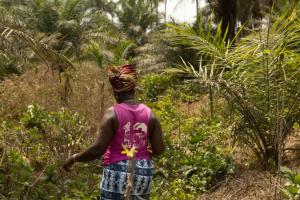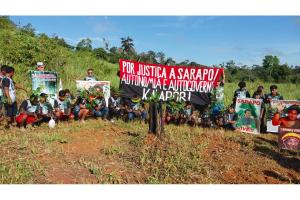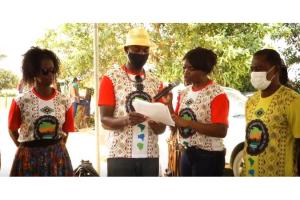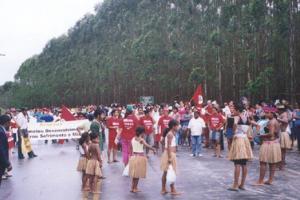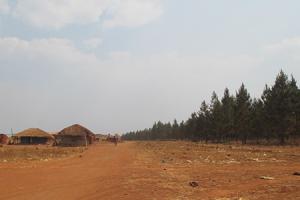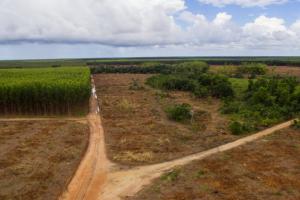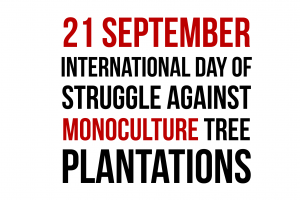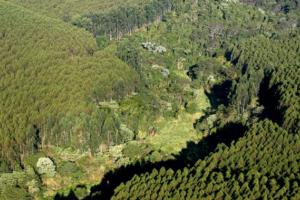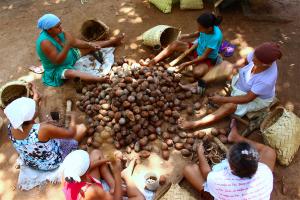Timber
Large-scale, intensively-managed and even-aged tree monocultures for timber production have been expanding onto communities’ fertile lands. They have destroyed forests and grasslands, especially in Latin America, Asia, and East and Southern Africa. The species used are exotic and fast-growing. They include varieties of eucalyptus, pine and teak trees.
Quilombola Communities’ Resistance Against Suzano Company in the Southernmost part of Bahia, Brazil
Suzano was present at the 2021 UN climate negotiations for one main reason: to promote tree plantations as a ‘solution’ to climate change, under the name of ‘nature-based solutions’. It aims to profiteer ever more from the so-called climate policies.
Tupinikim indigenous leaders, in Brazil, share the experience of their people in the struggle against one of the largest eucalyptus plantation and pulp production companies in the world, Aracruz Celulose – currently named Suzano Papel e Celulose.
On the frontlines of the promotion of monoculture tree plantations as a solution to the climate crisis, families affected by tree plantations in Mozambique, Tanzania and Brazil, have once again denounced the serious impacts on their lives and the environment.
Suzano, the world’s largest producer of eucalyptus pulp, is seeking to intensify its operations with so-called ‘green bonds’ as a way to finance its expansion projects.
Land grabbing in Brazil is a clear example of organized crime, of land theft from small farmers.
This Open Letter is a public reply from the Alert against the Green Desert Network from Brazil and WRM to an email from the investment department of the HSBC bank in the USA, requesting more information regarding the Suzano paper and pulp corporation in Brazil.
It is a day for organizations, networks and movements to celebrate resistance and raise their voices to demand, “Stop the Expansion of Monoculture Tree Plantations!"
A key tactic for the giant pulp producer, Suzano S.A, to keep expanding its industrial eucalyptus plantations in Brazil, is to market itself as a company that practices “conservation” and “restoration.” This conceals its disastrous track record related to forest and forest-dwelling populations.
The construction of the Suzano Pulp and Paper mill—along with nearby highways, the constant transport of wood, and the massive influx of workers—has brought a lot of devastation to communities. This is the testimony of an activist who is fighting for the territory.
